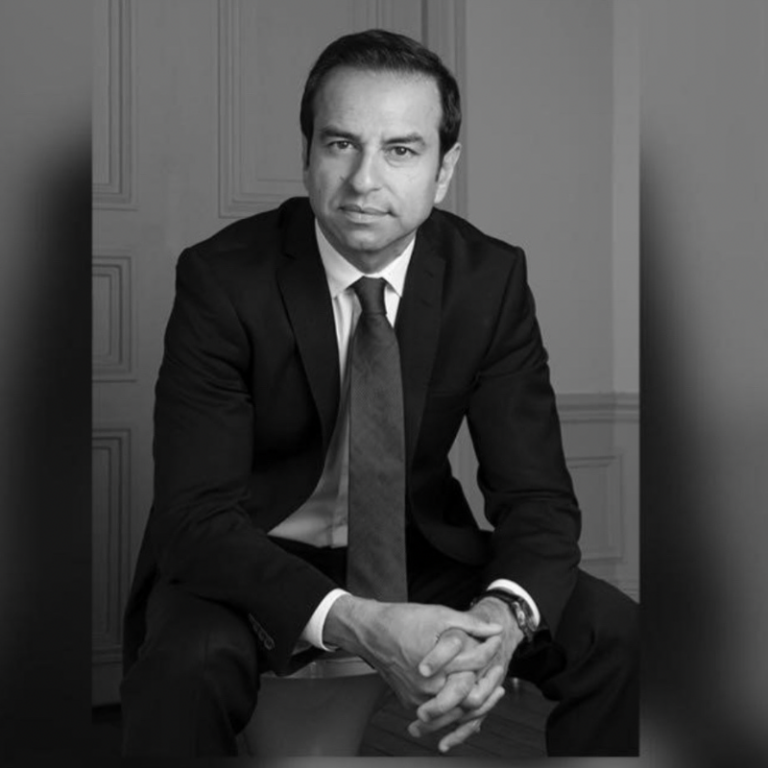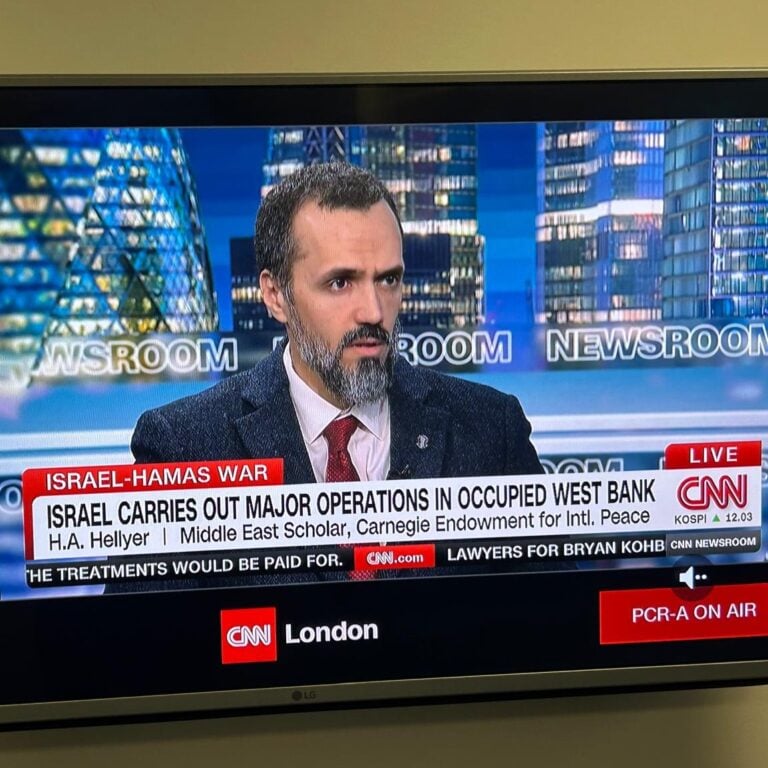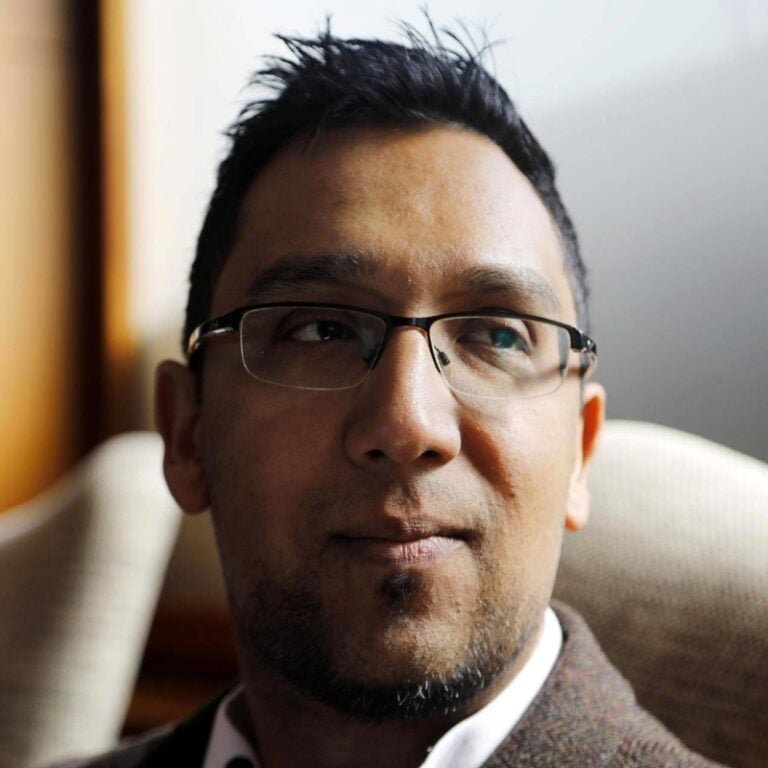Description
In July 1995, over 8,000 Bosniak Muslim men and boys were murdered in Srebrenica — the worst atrocity on European soil since the Second World War.
This event explores how genocide unfolded in the heart of Europe, the silence that enabled it, and the urgent need to remember. Through testimony, history, and reflection, we examine the legacy of Srebrenica: from international failure and justice efforts to rising nationalism and denial today.
As anti-Muslim rhetoric resurfaces across Europe, remembering Srebrenica is not just about the past. We explore what allowed this to happen, if it could happen again, and what remembrance demands of us now.
Listen Back

series 4 episode 23
Listen back to The European Genocide: Remembering Srebrenica on the BLF explore words discover worlds podcast. Subscribe for new episodes each week.
listen to The European Genocide: Remembering SrebrenicaAbout the Speakers

Nadina Ronc
Nadina Ronc is a Bosnian-born author, journalist and political analyst who fled war-torn Bosnia as a child and sought refuge in the United Kingdom. She specialises in Russian foreign policy, and her work on the Kremlin’s interference in the Western Balkans—has been supported by the Strategic Studies Institute of the U.S. Army War College.
Nadina has worked for CNBC and Fox Business Network, and contributed analysis to Anadolu Agency, Al Jazeera English, Middle East Eye, TRT World, and the Journal of Peace and War Studies. She is also recognised for her insight on global affairs, including the Israel–Hamas conflict and wider political dynamics across the Middle East.
Her debut memoir, Daughters of Dissidents Need Not Apply (2025), recounts her flight from conflict, the trauma of displacement, and the challenges of rebuilding in a new country. It explores identity, loss, resilience, and the lasting psychological impact of war

Salman Shaikh
Salman Shaikh is the Founder and CEO of The Shaikh Group (TSG), a specialised peace-building organisation dedicated to mitigating and resolving violent conflict, with a focus on the Middle East and North Africa (MENA). Shaikh has extensive experience leading mediation and Track II diplomacy initiatives with local actors, governments, and key international actors – with a focus on Syria, the broader Levant, the Gulf region and Iran. Before establishing TSG, Shaikh was the director of the Brookings Institution’s Doha Center, where his research focused on conflict resolution, domestic policy, and geopolitics of the Middle East. Shaikh previously worked the United Nations in a number of offices. Shaikh also served as director for policy and research in the private office of Her Highness Sheikha Moza bin Nasser al-Missned, the Consort of the former Emir of the State of Qatar.

Dr. H. A. Hellyer
Dr H. A. Hellyer, an internationally recognised expert on geopolitics and security studies in the Middle East and Europe, has operated at the nexus of government policy and think-tanks for the past 20 years. He currently serves as Senior Associate Fellow at the Royal United Services Institute for Defence and Security Studies, and Senior Fellow at the Center for American Progress, following prolonged tenures at Brookings and Carnegie. Formerly Deputy Convenor of the UK Government’s Taskforce on radicalisation, Dr Hellyer also served in the UK Foreign Office and held positions in Harvard and Cambridge universities. Dr Hellyer is the author of 10 books, 100s of op-ed articles and regularly consulted by media for his expertise. With heritage in England, Egypt, Sudan, the UAE & Morocco, Dr Hellyer lives & works in London, the Middle East, & Washington DC.
About the Chair

Dr. Nafeez Ahmed
Dr Nafeez Ahmed is an award-winning investigative journalist, systems theorist and strategic communications executive. He is the author of Alt Reich: The Network War to Destroy the West from Within (2025), Failing States, Collapsing Systems (2017) A User’s Guide to the Crisis of Civilization: And How to Save it (2010), The London Bombings: An Independent Inquiry (2006) and several other books. He is Executive Director of the Foundation for Civilisation Renewal, and creator of the AgeofTransformation.org newsletter which tracks the world’s biggest crises. A former journalist for Guardian and VICE, he does special investigations for Byline Times. His work has been used and cited in official inquiries in the US and UK, in the House of Commons, House of Lords, US Congress.
Join Our Mailing List
By submitting this form you agree to our Privacy Policy and to receive marketing emails, including e-newsletters and event updates from Bradford Literature Festival.
